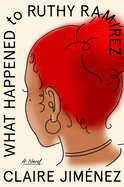Buy Buttons on IndieBound Changing to Bookshop.org
 Effective March 1, the American Booksellers Association is changing all buy buttons on IndieBound.org--its consumer-facing marketing platform--and affiliated sites to link to Bookshop.org. Currently, consumers wanting to buy a book on IndieBound must connect with a bookstore before they can purchase a book. The ABA and Bookshop aim to make the process simpler and more effective, since most stores have "few referral sales" from IndieBound.
Effective March 1, the American Booksellers Association is changing all buy buttons on IndieBound.org--its consumer-facing marketing platform--and affiliated sites to link to Bookshop.org. Currently, consumers wanting to buy a book on IndieBound must connect with a bookstore before they can purchase a book. The ABA and Bookshop aim to make the process simpler and more effective, since most stores have "few referral sales" from IndieBound.
"The shift to Bookshop.org buttons will help eliminate consumer confusion, improve data for the indie channel, convert more consumers, generate more revenue for booksellers (thanks to a simpler purchase flow and higher conversion rate), and optimize the impact of Bookshop.org for independent bookstores," the ABA said in a FAQ. "With a united front, the ecommerce market share for indies can grow significantly.
Bookshop founder and CEO Andy Hunter predicted the buy button change could "generate up to 10 times more revenue for booksellers compared to current revenue from IndieBound." He added that the change will build on sales momentum, noting that "overall, the combined online sales of independent bookstores have grown over 500% since 2019."
Bookshop touted its many strengths: some 78% of its more than two million customers switched from Amazon, and its conversion rate for bookstore pages is 12%, three times the national average for e-commerce sites. Bookshop buy buttons are used now by many book publishers, media, authors and book influencers, with all those sales benefiting indie bookstores. And since its launch, "Bookshop.org has generated far more sales per visitor and profit, for local bookstores than IndieBound."
Hunter noted that the switch in buy buttons was planned originally for spring 2020, just after Bookshop launched, but was postponed because of the arrival of the pandemic. Indiebound.org will continue to feature indie marketing, the Indie Next List and Kids Next List, the Indie Bestseller List and the Indie Store Finder. IndieBound is separate from the IndieCommerce and IndieLite platforms.
The ABA FAQ aimed to address fears expressed by some indie booksellers about using Bookshop. For example, as to whether Bookshop is "a competitor to my store's website," the FAQ replied, "Bookshop.org is an umbrella that supports all physical independent bookstores. Bookshop.org's marketing, partnerships, and advocacy have greatly increased independent bookstores' share of the online channel, increasing the size of the pie. Bookshop.org is additive."
The FAQ added that Bookshop "does national marketing and brings over 1,000 customers to their bookstore finder every day."
Booksellers who want customers to buy from their site will be able to make Bookshop's bookstore finder link to their own e-commerce site.
The FAQ noted that bookstore customers who buy from Bookshop will still be known to the stores. Bookstores will receive those customers' "information, including their email address, after they purchase on Bookshop.org," the FAQ said. "You are welcome to send them an email encouraging them to shop on your site directly in the future."
Bookshop and the ABA emphasized the close ties between the two organizations. The ABA was involved in the founding of Bookshop and owns 3.5% of the organization. Bookshop's seven directors include three indie booksellers at all times, and Bookshop has an advisory board of 19 indie booksellers. Most important, since it went live three years ago, Bookshop has raised nearly $25 million for indie bookstores. (Percentages of sales go either directly to indie shops or into a pool that's distributed regularly.) The ABA FAQ called Bookshop "a key factor in the profitability of many stores in 2021. The average indie bookstore net operating profit was 1.5%, but Bookshop.org proceeds contributed an additional 0.9% to net income before taxes."
In related news, Bookshop.org will soon have distributed $25 million to independent bookstores. Hunter commented: "If you had asked me three years ago, when Bookshop.org had just launched, if we had a chance to deliver $25 million in support to independent bookstores in just three years, I would not have thought it possible. But here we are. More than anything, it demonstrates the love and support readers have for their local bookstores. It also makes us wonder, how much more can we do in the next three years? We believe that with the right strategies, cooperation, and execution, independent bookstores can grow ecommerce revenue exponentially in the next five years--substantially improving the viability and margins of the bookselling business."





IPC.0204.S3.INDIEPRESSMONTHCONTEST.gif)




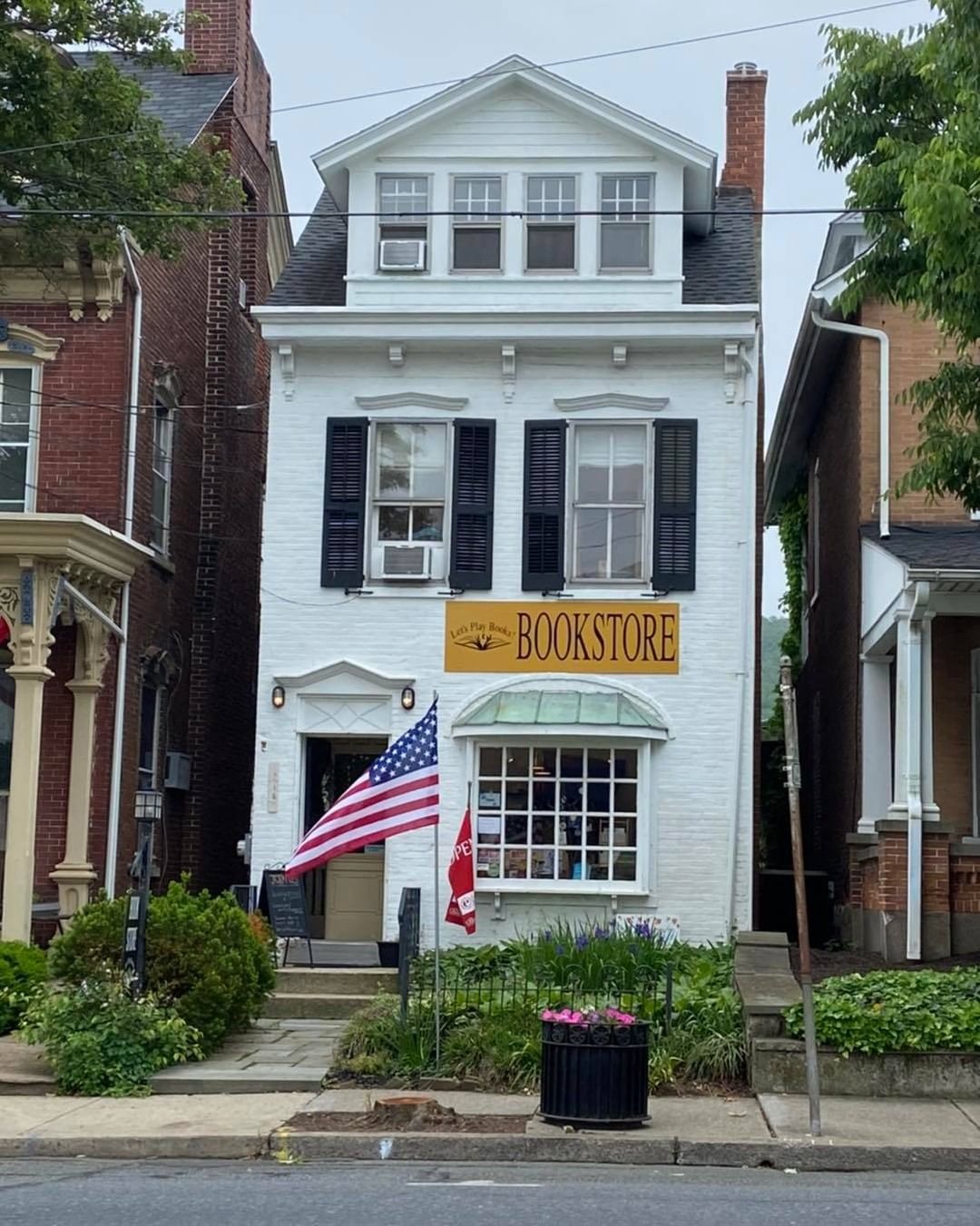


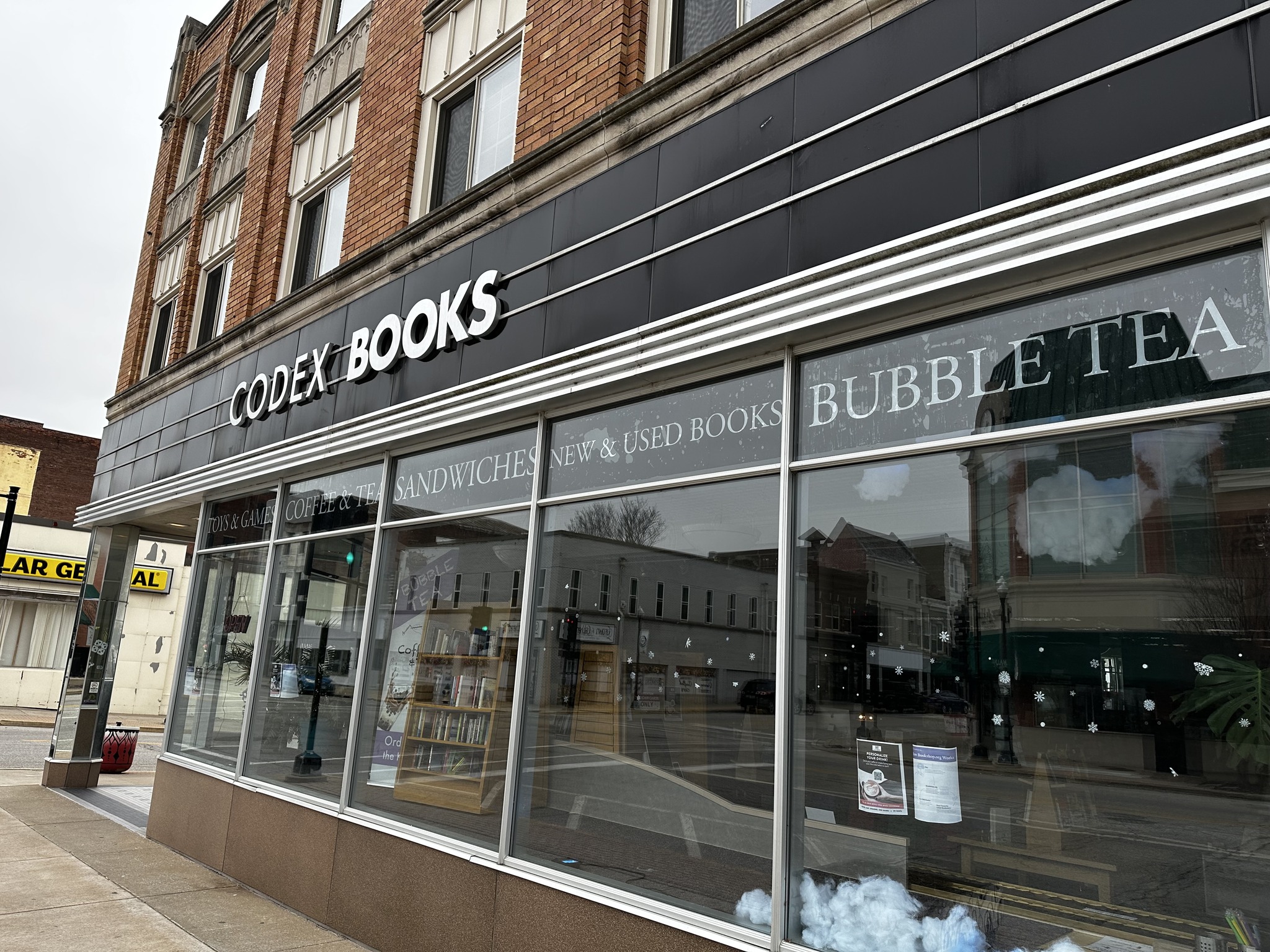
IPC.0211.T4.INDIEPRESSMONTH.gif)
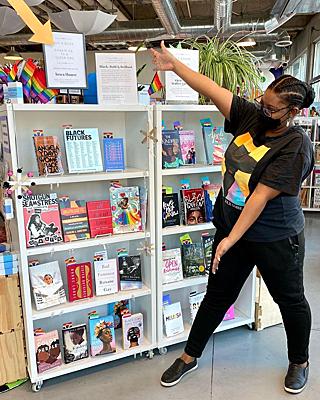 "
"
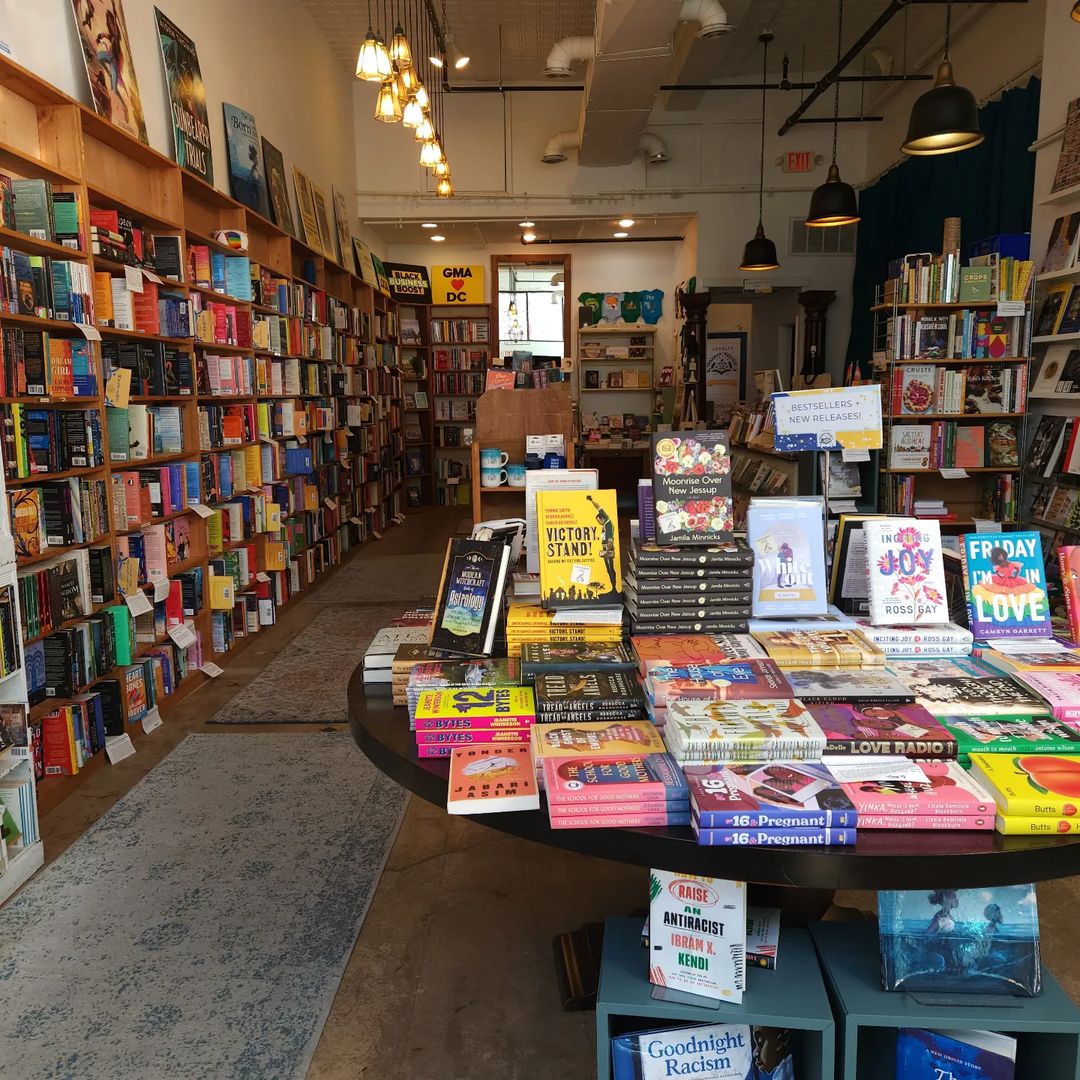 Posted by
Posted by 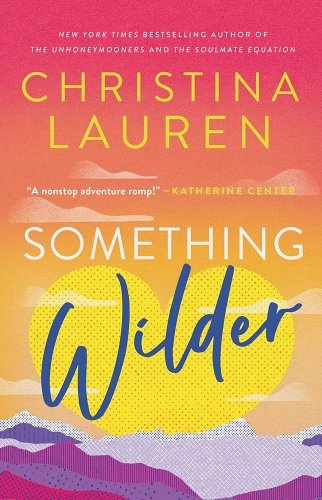 Alex Kanenwisher, book buyer at Costco, has selected Something Wilder by Christina Lauren (Gallery Books, $17.99, 9781982173418) as the pick for February. In Costco Connection, which goes to many of the warehouse club's members, Kanenwisher writes:
Alex Kanenwisher, book buyer at Costco, has selected Something Wilder by Christina Lauren (Gallery Books, $17.99, 9781982173418) as the pick for February. In Costco Connection, which goes to many of the warehouse club's members, Kanenwisher writes: Why Not?: Lessons on Comedy, Courage, and Chutzpah
Why Not?: Lessons on Comedy, Courage, and Chutzpah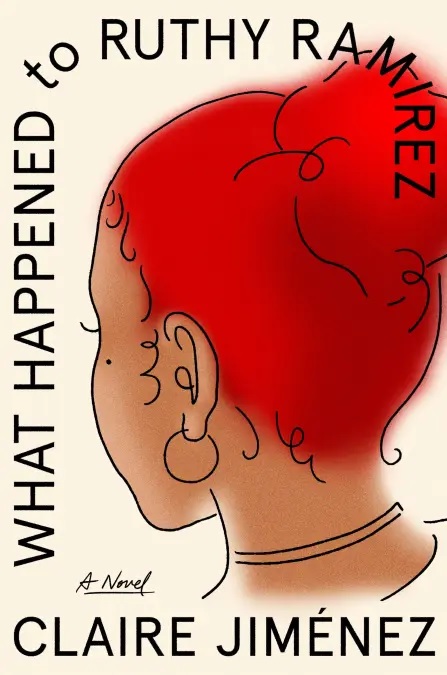 Claire Jimenez's first novel, What Happened to Ruthy Ramirez, brings to life a close but troubled Puerto Rican family in Staten Island, N.Y., carrying on but rocked by loss. "The five of us seem normal for a while, up until Ruthy turns thirteen and disappears.... Draw my mother sixty-two pounds later. Give her diabetes. Kill my dad. Cut a hole in the middle of the timeline. Eliminate the canvas. Destroy any type of logic. There is no such thing now as a map." No one ever figured out what happened on the day Ruthy didn't come home from track practice on the S48 bus as expected.
Claire Jimenez's first novel, What Happened to Ruthy Ramirez, brings to life a close but troubled Puerto Rican family in Staten Island, N.Y., carrying on but rocked by loss. "The five of us seem normal for a while, up until Ruthy turns thirteen and disappears.... Draw my mother sixty-two pounds later. Give her diabetes. Kill my dad. Cut a hole in the middle of the timeline. Eliminate the canvas. Destroy any type of logic. There is no such thing now as a map." No one ever figured out what happened on the day Ruthy didn't come home from track practice on the S48 bus as expected.